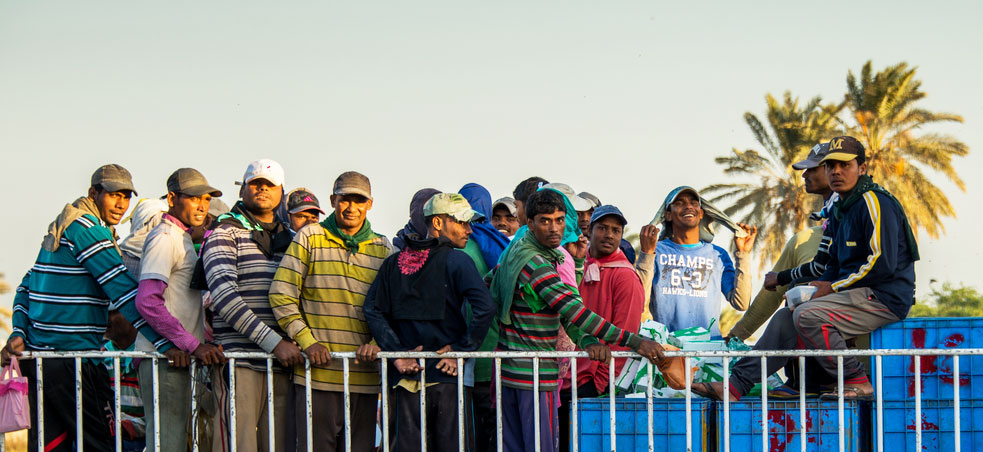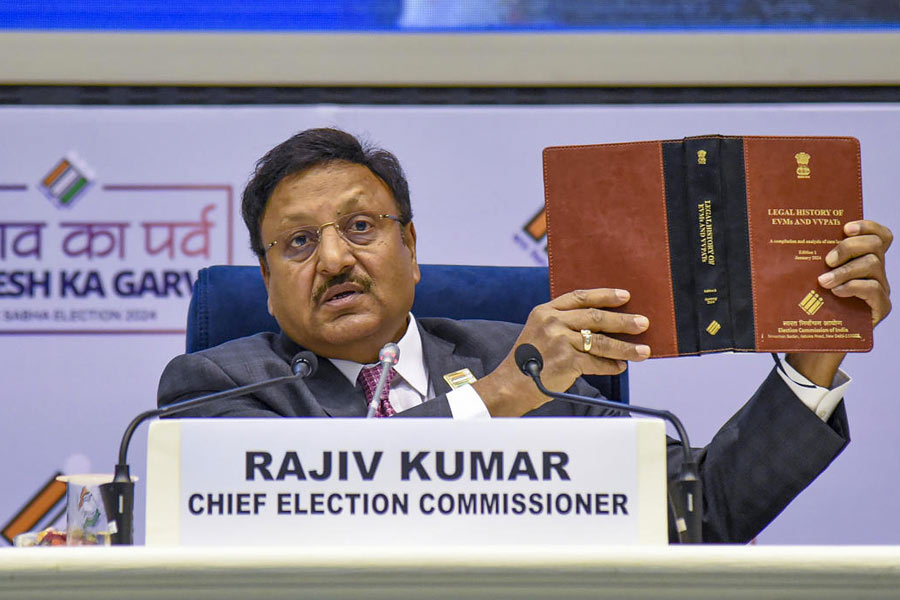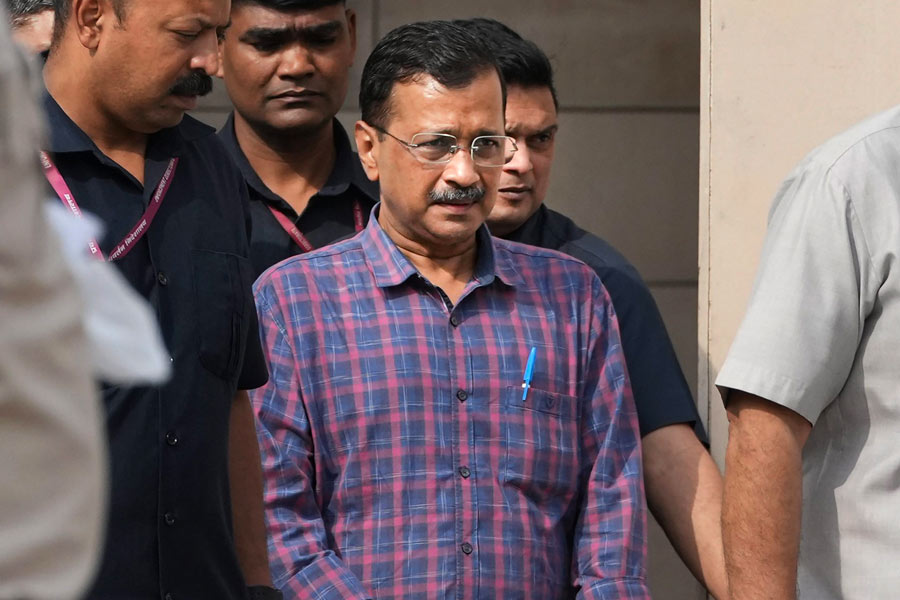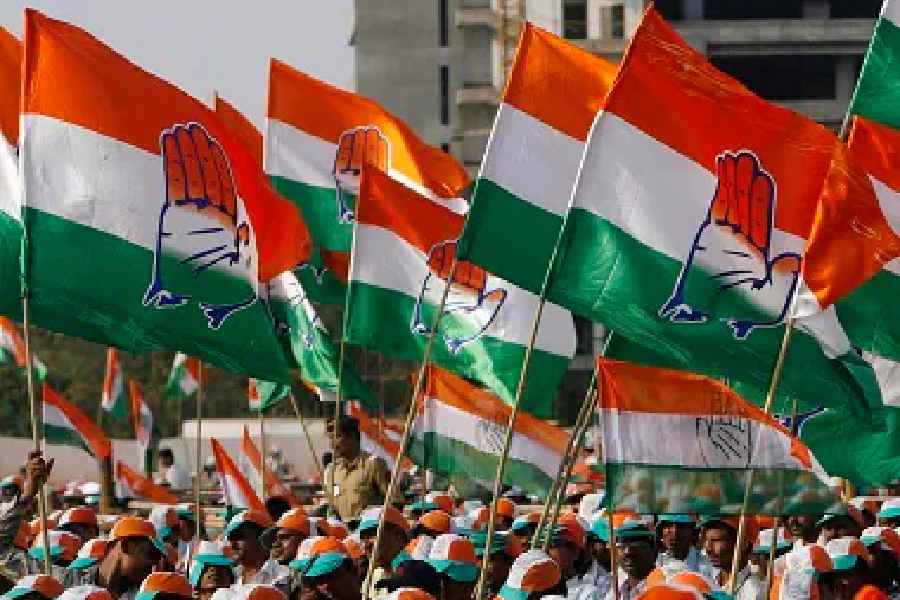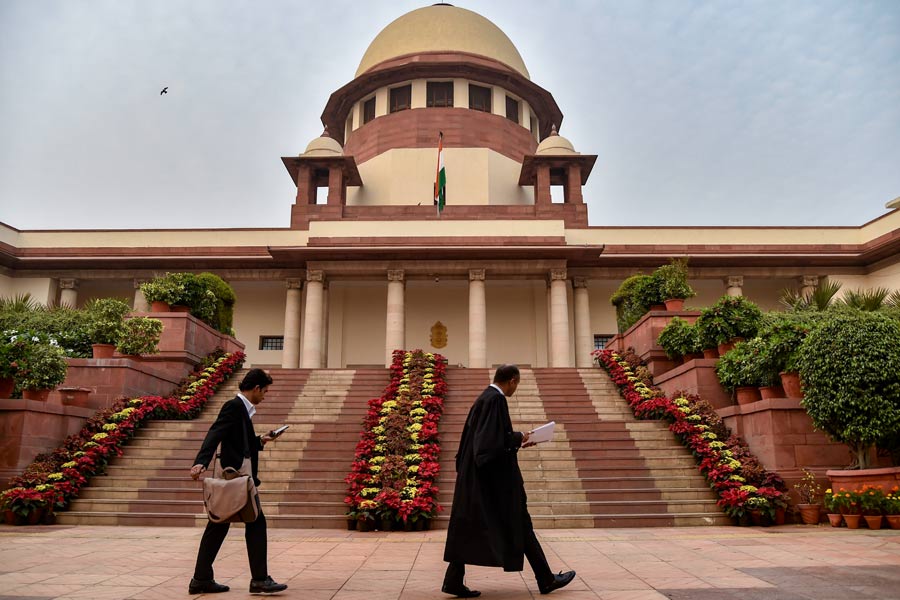It is a record all right. Seventeen million Indians had left the country in 2017, says a report prepared by the Asian Development Bank, making India the nation with the highest number of emigrants in the world. One-third of international migrants, it has been estimated, are Asians, a significant number of whom are Indians. India has remained a potent source of out migration ever since the United Nations began examining the movements of migrants, with the number of international migrants from India doubling in the last two-and-a-half decades. The challenge lies in the reading of this ‘accomplishment’. Reunification of families has been cited as one of the causes of migration. But in India’s case, distress and discrimination — be it economic or social — are the more likely causes. Data bear out these inferences. The United Arab Emirates and the United States of America, nations with better employment opportunities, appear to be the preferred destination for the Indian diaspora. Worryingly, India is also a nation in which religious minorities have a propensity to emigrate: a disproportionate number of Indian migrants, the Pew Research Center had found earlier, were Christians and Muslims. The triggers that cause migration — economic stagnation and strife, ethnic and religious — should have concerned successive elected dispensations in New Delhi. But that has not been the case thus far. One possible reason could be that the remittances sent by migrants — India receives more funds from its migrant population than any other nation — are a lucrative source of financial inflows that governments depend upon.
What must be borne in mind is that the constituency of emigrants is layered. Students, families, skilled employees as well as manual labourers make up this ecosystem. The challenges and needs of these groups differ. The government’s treatment of the people is as variable. Mechanisms — is not the Pravasi Bharatiya Divas one? — exist to recognize the contributions of non-resident Indians blessed with social and economic capital. But the unskilled migrant, often the victim of unscrupulous labour cartels, can make no claims on such largesse. What is ironic is that even though India contributes the largest share of migrants — legal and alien — to other nations, the ruling Bharatiya Janata Party remains hostile to the idea of providing temporary sanctuary to a small number of refugees fleeing Myanmar.

